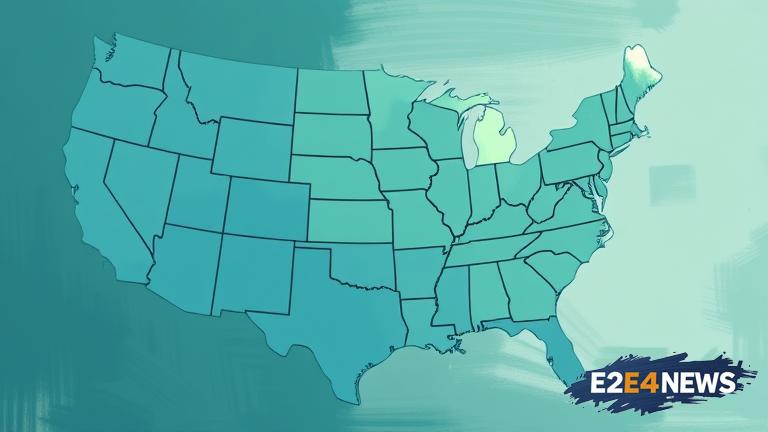In a bid to promote transparency and fairness in the insurance industry, state leaders across the United States are seeking to implement new regulations that would require insurance companies to be more open about their business practices. This move is aimed at protecting consumers from unfair and deceptive practices, and ensuring that insurance companies operate in a transparent and accountable manner. The push for greater transparency is being driven by concerns that insurance companies are not always forthcoming about their policies and practices, leaving consumers in the dark about what they are getting into. State leaders are arguing that increased transparency would help to build trust between insurance companies and their customers, and would also promote fair competition in the industry. One of the key areas of focus is on the use of algorithms and data analytics by insurance companies to determine policy prices and coverage. There are concerns that these algorithms can be biased and discriminatory, leading to unfair outcomes for certain groups of consumers. State leaders are calling for insurance companies to be more transparent about how these algorithms work, and to provide more information about the data they use to make decisions. Another area of concern is the use of fine print and complex language in insurance policies, which can make it difficult for consumers to understand what they are signing up for. State leaders are pushing for insurance companies to use plain language and to provide clear and concise information about their policies. The push for greater transparency is not just limited to state leaders, with consumer advocacy groups also calling for change. These groups argue that insurance companies have a responsibility to be transparent and honest with their customers, and that increased transparency would help to promote fairness and accountability in the industry. The insurance industry is a multi-billion dollar market, and state leaders are keen to ensure that it operates in a fair and transparent manner. The move towards greater transparency is also being driven by advances in technology, which are making it easier for insurance companies to collect and analyze large amounts of data. However, this increased use of data and analytics has also raised concerns about privacy and security, and state leaders are calling for insurance companies to be more transparent about how they use and protect consumer data. The push for greater transparency is likely to be a major issue in the coming months and years, as state leaders and consumer advocacy groups continue to push for change. Insurance companies are likely to resist some of these changes, arguing that they are unnecessary and would increase costs. However, state leaders are determined to promote transparency and fairness in the industry, and are likely to use their regulatory powers to achieve this goal. The move towards greater transparency is also being driven by a desire to promote innovation and competition in the industry. By requiring insurance companies to be more open about their business practices, state leaders hope to create a more level playing field and to encourage new entrants into the market. This could lead to more choice and better prices for consumers, as well as increased innovation and investment in the industry. Overall, the push for greater transparency in the insurance industry is a major development that is likely to have significant implications for consumers and businesses alike. As state leaders continue to push for change, it will be important to monitor the situation and to see how insurance companies respond to these new demands. The future of the insurance industry is likely to be shaped by this push for transparency, and it will be interesting to see how things develop in the coming months and years.
